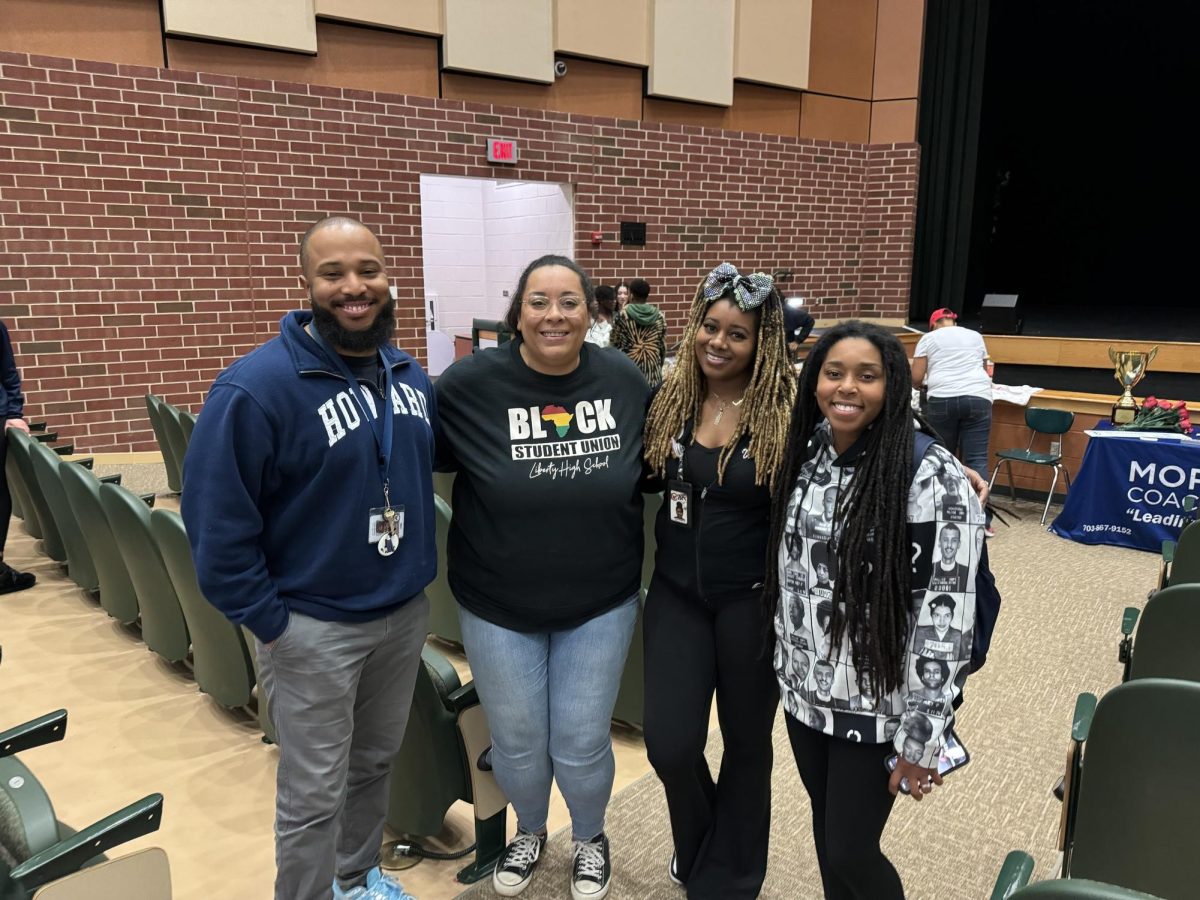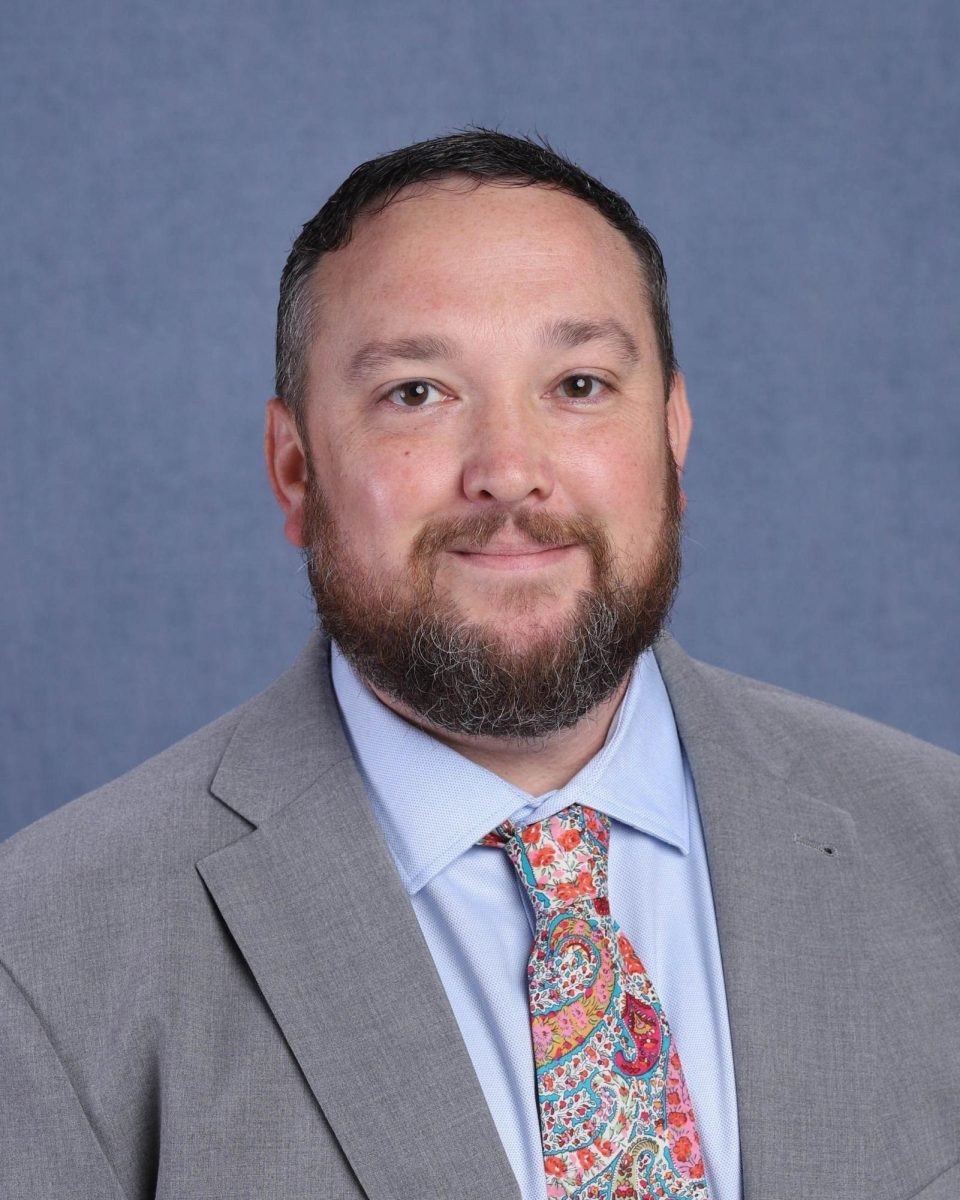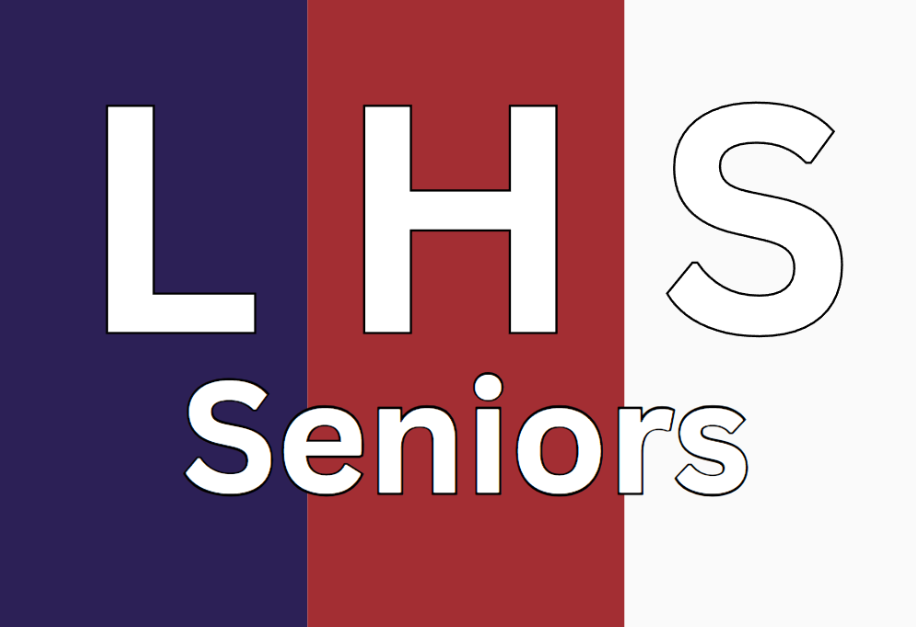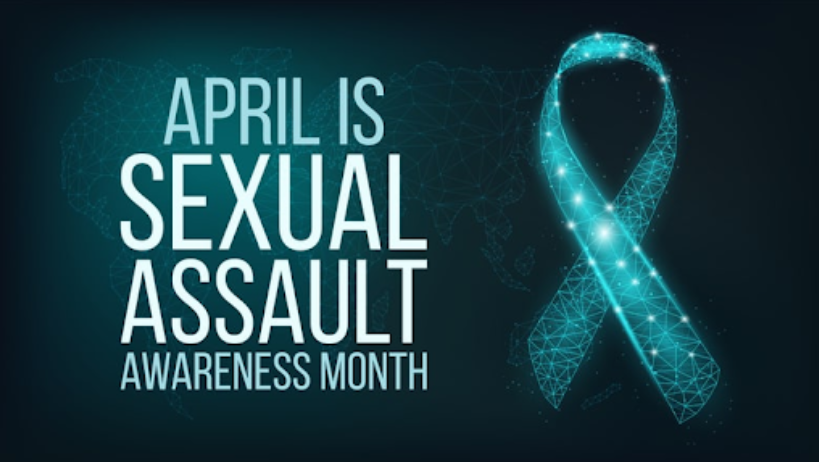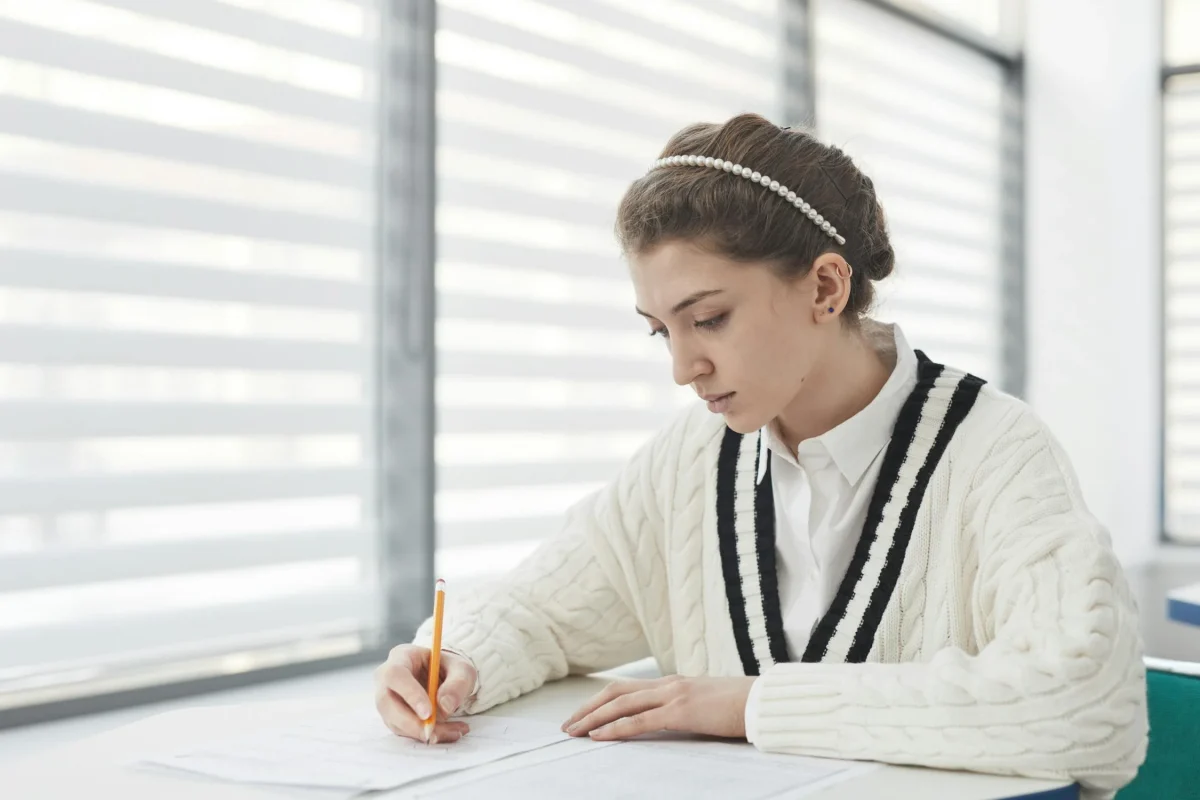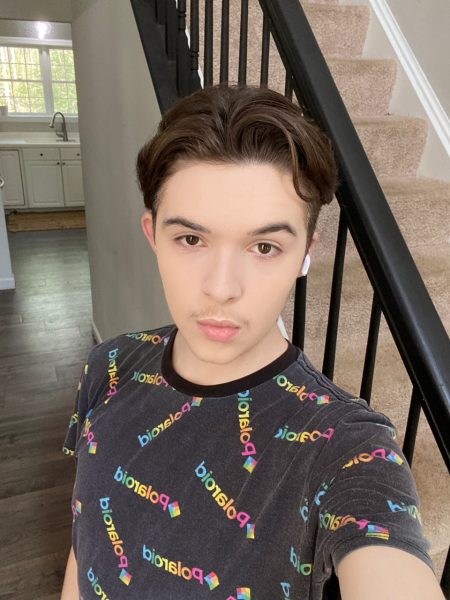Many schools across the country continuously aim to promote diversity amongst staff members to reflect an increasingly diverse student population. It is no secret that Liberty High School is the most racially and ethnically diverse high school in Fauquier County. For this reason, Black educators must be both recognized and celebrated for their contributions to the classroom. These educators have dedicated their careers to motivating and impacting students in profound ways. Not only have they had a profound influence on the student body, but they have also played a key role in fostering a more inclusive and welcoming environment for all students, especially students of color.
One of these inspiring individuals is Ms. Chandra Graves, who is the cosmetology teacher at Liberty. She has been teaching at Liberty for two years but taught cosmetology at another school for ten years. From a young age, Graves took an interest in hair, makeup, and all things related to cosmetology. She has had experience in the field of cosmetology for over thirty years. Graves first started as a hairstylist in 1988 and worked for the Hair Cuttery in Warrenton for seventeen years. Later, she became a business owner in Sperryville at a salon named The Hair Gallery.
For Graves, passing on her knowledge and helping students become professionals in the real world is the most rewarding aspect of her career. “Seeing the girls earn their licenses, become licensed hair stylists, and use their skills outside of school is the most gratifying aspect for me,” said Graves. While as a teacher Graves has noticed that the high school atmosphere today is drastically different from when she was a student in the 1980s, she feels as though the environment at Liberty is very diverse and that both students and staff have been welcoming and respectful, for the most part. In regards to staff diversity, Graves hopes that there is more to come. “I hope that people who look like me will be able to have a role model to follow. I think that acceptance, in unison with more diverse teachers available for students, and everyone jointly speaking up will make a difference,” said Graves.
Mr. Kyle McGlotten is one of the veteran mathematics teachers at Liberty High School. He has been an educator for 21 years, with nineteen of those years at Liberty. He is also known for being one of the sponsors of the Fellowship of Christian Athletes. One of McGlotten’s greatest pleasures is watching students grow and understand that they must persevere through challenges, as that is part of life. McGlotten states that his faith is what called him to go into education alongside a realization that he and his sister came to in the 1980s.
“I was seventeen and [my sister] was fourteen. We noticed the decline in education back in the 80s. We both agreed that if we kept going the way we were headed, things were going to get a lot worse. And it’s trended that way since the early 1960s. We have let multiple generations down,” said McGlotten.
Despite this, McGlotten believes that there is a solution and that defeat is only inevitable if nothing is done to circumvent it. “I specialize in helping emerging adults access their full potential, because I hate to see wasted talent. I use the term ‘emerging adults’ instead of ‘teenagers’,” said McGlotten. McGlotten feels as though Liberty is a special place and he shares that he has a tremendous amount of respect for the administration at Liberty, stating that he feels they truly care about the young people on campus. Lastly, one of McGlotten’s core principles is respect and ensuring that others are uplifted.
“Those who have been put down should always be lifted up. We need to make sure that when someone has something to say, we sincerely listen. We may disagree, and that is okay, but we have to learn to be able to disagree without being disagreeable. We must take the time to know everyone’s story. If we don’t understand where someone is coming from, we jump to conclusions, which are often incorrect,” said McGlotten.
One of the newest additions to the staff at Liberty is biology teacher, Ms. Jamea DeWitt. Originally from Norfolk, this is her first year teaching at Liberty and she began doing so in October. She is now the youngest teacher in the science department. DeWitt has prior experience with teaching children in ABA therapy, assisting children in aftercare, and acting as a long-term substitute. Before teaching at Liberty, DeWitt was working with an ABA therapy company near Fort Belvoir and was inspired by her love of children to go into education. DeWitt obtained her degree in biology from Virginia Union University in Richmond and initially had no intentions of pursuing a career in education. However, after completing her tenure at VUU, DeWitt decided that teaching was the next step for her, as she had already helped children in a therapeutic setting.
For DeWitt, the relationships with students and staff have been the most rewarding part of her experience thus far. “I came in having no full-time experience. I never had the experience of actually being the one in charge. It’s been a learning experience for me. Everybody I’ve come across has been positive, both students and staff,” said DeWitt. DeWitt graduated from Granby High School in Norfolk, which she describes as a completely different setting from the one at Liberty. DeWitt’s ultimate motives in her role as an educator are honesty and relationship-building. “I try to be real transparent and form relationships where people feel comfortable enough to come to me. These are experiences that I wish I had. Realistically, there isn’t a lot of representation of Black educators in most schools. At the school I was with prior, I was maybe one of three. This school has been a lot more welcoming in comparison,” said DeWitt.
Mrs. Tiffany Zimmer, née Davenport, is one of the most involved members of the Liberty High School staff. She teaches English and has had experience in the classroom for eight years. Aside from her role as an English teacher, she is also a sponsor of the Black Student Union, founder of Project Liberty Well, and serves as both the journalism and photojournalism teacher. Zimmer also teaches several English Language Learner classes each year and is very involved in the program. Zimmer decided to become an English teacher due to her passion for reading and writing. She also had a desire to touch the lives of students and make an impact that would remain with them long after they graduate. “I wanted to be a role model and provide students with useful information and advice. I wanted to inspire students to find a passion for the subjects that I loved so much,” said Zimmer.
For Zimmer, one of the most gratifying aspects of teaching is seeing her students grasp concepts that they may have struggled with at first, but come to understand. She notes that it brings her joy when students put in 100 percent of their effort into what they do, whether it is for a project or writing an essay. However, the most significant aspect for Zimmer in her role as an educator are the relationships she has built with students and staff, which she describes as priceless. Although teaching may come with its challenges, Zimmer tries her best to stay above the fray. “There are so many kids in one small area and maintaining a level of behavioral management and making sure everyone can learn, regardless of where they stand, is essential. It’s all about finding a balance,” said Zimmer.
Zimmer believes that highlighting the Black educators at Liberty is important because they offer a different perspective that is not often acknowledged. According to the National Center for Education Statistics, only 6.7% of public school teachers identified as Black in the 2017-2018 school year. Zimmer believes that this is in part due to historical reasons. “Let’s be real, Black educators are a small minority. We know the history behind that and a lot of it had to do with the integration of schools when Black people were no longer offered jobs and that trickled down to where we are now,” said Zimmer. Zimmer feels as though diversity amongst staff members is necessary because it allows students to see diversity in real-world situations. She notes that when students see people who look like them in positions of power, they are more inspired to believe in themselves and what they are capable of. Lastly, Zimmer suggests that everyone must be aware of their own implicit biases and how they can have an effect on the classroom. “We as educators need to be aware that we carry those biases and that we can’t allow them to cross over and affect our students,” said Zimmer.
Another one of the most recent additions to the Liberty High School staff is Mr. Chase Beasley. Beasley started substituting back in 2019 and has worked in the field of education for five years, but this makes his first official year as a school counselor. Beasley graduated from Old Dominion University in 2017 and was a music major. After graduation, Beasley was torn between continuing his path to education and becoming involved in a school setting or pursuing his love of music and working with a studio as a talent recruiter for a record label. As many may know, the music industry can be a rather tough industry to break through and as Beasley states, it was difficult finding opportunities directly out of college. Beasley moved back to his hometown, Gainesville. His mother encouraged him to start substituting at local schools. Beasley began working as a substitute for Prince William County Public Schools, bouncing around several different schools. Beasley was offered a position as a long-term substitute as a music teacher at the middle school he attended and he thoroughly enjoyed his experience. This inspired Beasley and motivated him to pursue a career in school counseling.
“I don’t like creating tests or having to grade, but I like having conversations with students and helping them figure out their goals in life. So, I decided that counseling was the best fit for me. I like having one-on-one conversations,” said Beasley.
Growing up, Beasley’s mother was a guidance counselor for over thirty years, so he was familiar with what the role entailed. Beasley decided to return to grad school and obtain his master’s degree in school counseling. Mr. Eric McCaslin, who is the head of the counseling department at Liberty was initially Beasley’s guidance counselor at Battlefield High School, so they were well acquainted with one another. After McCaslin offered Beasley an internship last year, he decided that this was the career path he wished to pursue and felt comfortable with the environment at Liberty. Apart from his career as a guidance counselor at Liberty, Beasley still maintains his passion for music. He is the founder of a music nonprofit named We Are Stonehouse, in which he plays the drums and blends music.
As far as his career in counseling, Beasley feels as though he did not choose counseling; it chose him. “I always ask students to rate their mood on a scale from one to ten. Having a student come into my office at one or two and leaving at seven or eight makes me feel better. If I can help somebody focus, take care of themself, or assist with academic progress, I know what I’m doing is paying off,” said Beasley. Growing up, Beasley did not have access to the representation he wished to see in a school setting. For this reason, he hopes to be that for the students at Liberty who do not feel as though they have somebody who looks like them or knows what they are going through.
“I never thought I would be here, trying my best to impact lives and inspire others. I have struggled with my own mental health issues and to be able to help students through their struggles has been a full-circle moment for me. I try to pass on the love and goodness of God through everything I do,” said Beasley.
The Black educators that make up Liberty High School are not only exceptional at what they do, but also champions for diversity and inclusion. Their dedication to their students and their commitment to creating a more equitable learning environment make them invaluable members of Eagle Nation. By highlighting these educators and giving them their due credit, future generations will be inspired to continue to strive for a more inclusive and diverse educational system.

